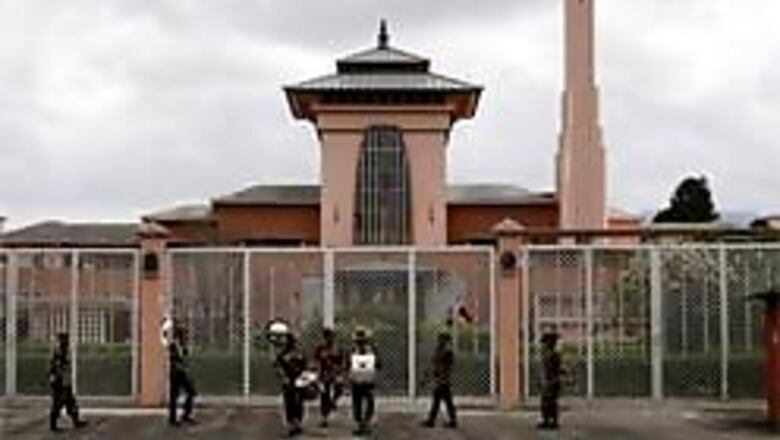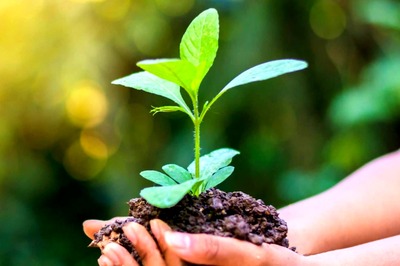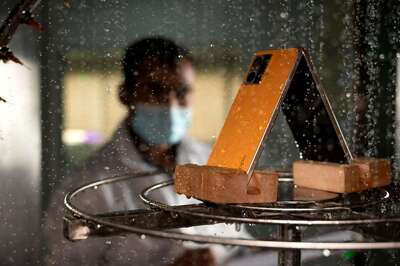
views
Kathmandu: After the king, it is now the turn of his cows to face removal from Nepal's royal palace, two days after it was turned into a museum, a government official said on Tuesday.
Gyanendra, the last king of Nepal, left the main palace last week after a special Assembly voted in May to abolish the 239-year-old monarchy and turn the Himalayan nation into a republic.
But Gyanendra's 60 cows still graze in the sprawling grounds of the Narayanhiti Palace in the heart of Kathmandu.
He used the cows for fresh milk but authorities say the animals, considered holy by Hindus, must also leave.
"We can't keep them there and no decision has yet been taken about what to do with them," said Govinda Prasad Kusum, a senior bureaucrat in charge of preparing an inventory of palace contents.
"Maybe the livestock department under the ministry of agriculture should use these cows for research purposes," he said.
Nepal, a mostly Hindu nation, forbids slaughtering cows.
Gyanendra is now living as a commoner in one of his former hunting lodges outside Kathmandu.
On Sunday, the government inaugurated a museum inside the pink pagoda-roofed palace where Gyanendra's diamond-studded crown, ceremonial sceptre, throne and other items will be displayed.
A 1939 model Mercedes-Benz car given by Nazi leader Adolf Hitler to King Tribhuvan, Gyanendra's grandfather, in 1940 will also be among other rare items likely to fill the museum, which is expected to open to the public in two months.




















Comments
0 comment